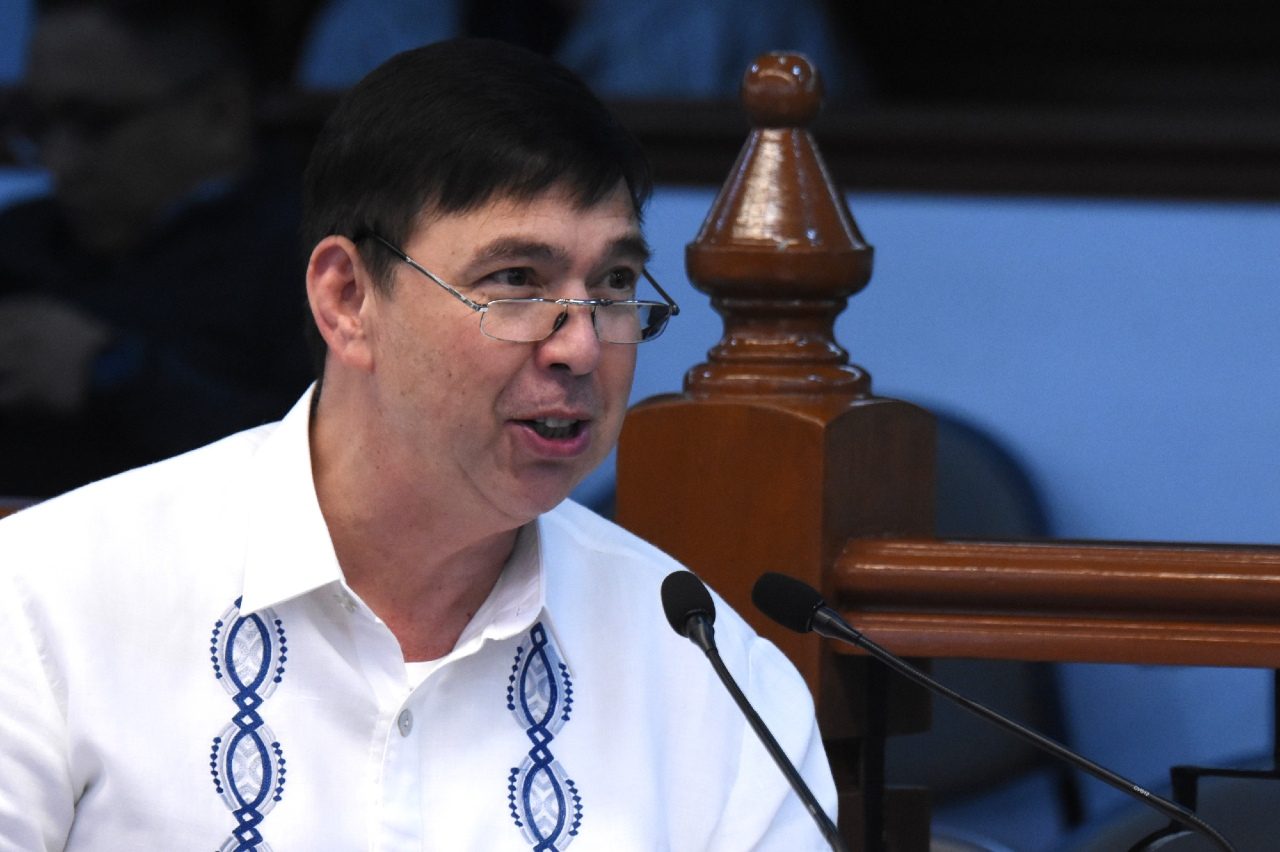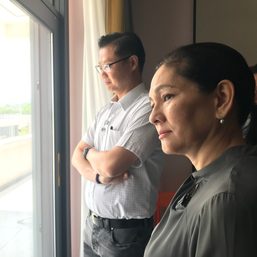SUMMARY
This is AI generated summarization, which may have errors. For context, always refer to the full article.

Is PhilHealth really going bankrupt by 2022? Senator Ralph Recto doesn’t think so.
Questioning the state health insurer’s projections of massive losses in 2020 and 2021, the Senate president pro tempore said its financial statements indicate it has reserve funds to fall back on.
With assets worth P230 billion and only around P119 billion in liabilities as of March 2020, the Philippine Health Insurance Corporation (PhilHealth) has more than P110 billion in retained earnings or equity.
“The reason why PhilHealth has retained earnings or a reserve fund is for situations like this, when there’s a pandemic,” Recto said during a Senate investigation on Tuesday, August 4.
“Therefore, we have P110 billion set aside for times like this,” he added.
Although PhilHealth posted a net operating loss of P3.4 billion in 2019, its reserve fund earned P8 billion in interest, leaving it with a net income of P4.6 billion, Recto pointed out.
Earlier in the Senate hearing, PhilHealth acting senior vice president for actuarial services Nerissa Santiago said the government-owned corporation is fast moving into deficit, with funds to last only until mid-2021.
Because of decreased premium collections and increased benefit payouts, PhilHealth is projected to incur losses of P90 billion in 2020, and P147 billion in 2021, Santiago said.
If the government does not increase its yearly subsidy of P71 billion, PhilHealth will no longer have funds to “stay afloat” beyond 2021, she added.
When asked by Senator Franklin Drilon whether this would mean PhilHealth’s “collapse” by 2022, Santiago said, “Yes.”
Santiago was one of several PhilHealth executives the Senate called in for its probe of alleged rampant corruption in the agency.
Not so fast
Even though benefit claims are increasing because of the COVID-19 pandemic, many people are avoiding getting treatment at hospitals, too, Recto said.
Since direct contributions from members account for only 60% of PhilHealth’s income, the other 40% derived from government taxes on tobacco and sweetened drinks is unaffected by the pandemic.
Recto told PhilHealth executives at the hearing to check whether they have overestimated their projected losses.
“I estimate you will only have about P50 billion in added expenses this year. That means the P110 billion reserve fund won’t be depleted,” he said.
Minus that P50 billion, there would still be P60 billion in the reserve fund in 2021, Recto added.
With the proposed national budget for 2021 increased to P4.5 trillion, the government will have room to further subsidize PhilHealth, he said.
All its executives need to do is properly present the agency’s finances and assess how much healthcare subsidy Filipinos will need if the pandemic persists.
Recto noted that PhilHealth’s P12 billion operational expenses in 2019 “went over and above” the limit set by law, which is 7% of premium contributions.
The lawmaker warned PhilHealth executives that the Universal Health Care Act exacts heavy accountability from officials who mishandle these funds.
“May kulong ‘yan ha (That means jail time),” Recto said. – Rappler.com
Add a comment
How does this make you feel?


![[Time Trowel] Evolution and the sneakiness of COVID](https://www.rappler.com/tachyon/2024/02/tl-evolution-covid.jpg?resize=257%2C257&crop=455px%2C0px%2C1080px%2C1080px)







There are no comments yet. Add your comment to start the conversation.